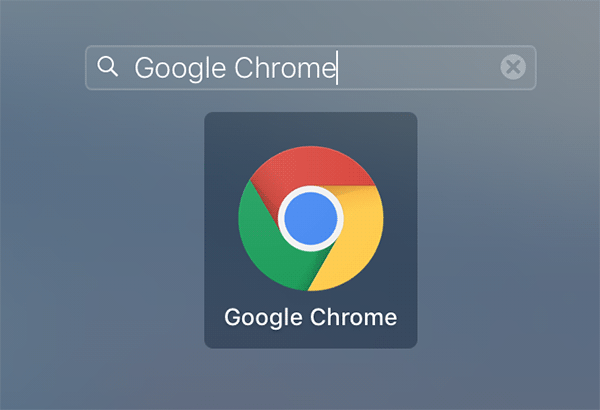Chrome For Mac User Agent
This is more as a note to myself. Out of the box ADFS does not have WIA enabled for most browsers. You need to add the UserAgent strings of browsers you wish to enable WIA for. Here is the cmdlet with the list of agents I currently use:

- Current user-agents have to do with a little bit of browsers history. When there was a fight between Firefox and Internet Explorer, Chrome appeared. Some websites would ask Firefox users to switch to Internet Explorer for better rendering (because their website was old and not compatible with Firefox) and some would advice Internet Explorer.
- NOTE: if some sites have problems after using a mobile user-agent, and won't switch back no matter what you spoof, you will need to switch the user-agent back to Chrome.and. clear your cookies for the sites to treat the browser normally again.
